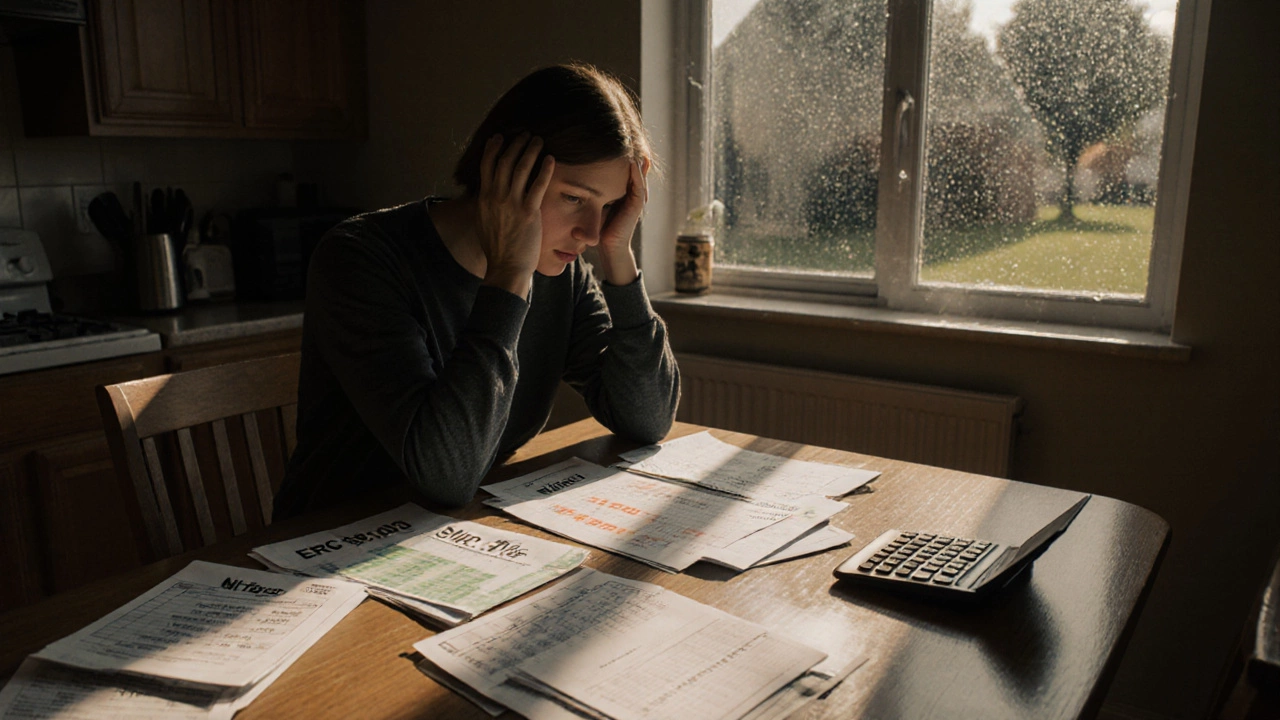Remortgaging Risks: What You Must Know Before Switching Mortgages
When you remortgaging, the process of switching your existing mortgage to a new deal, either with your current lender or a different one. Also known as mortgage switching, it’s often done to get a lower interest rate, reduce monthly payments, or pull out cash from your home’s equity. But here’s the truth: not every new deal is a win. Many people focus on the lower rate and forget what’s hidden in the fine print—like early repayment charges, arrangement fees, or the risk of ending up with a longer loan term that costs more over time.
One of the biggest remortgaging risks, the chance that switching your mortgage leads to financial loss instead of savings is taking out more than you can afford to repay. If you use remortgaging to release equity release, the process of accessing cash tied up in your home’s value, you’re not getting free money—you’re borrowing against your home. That means if your income drops, interest rates rise, or property values fall, you could end up owing more than your house is worth. And if you miss payments? Your home is on the line. This isn’t theoretical. In 2023, the UK’s Financial Conduct Authority reported a 22% increase in mortgage arrears among homeowners who used equity release to cover other debts.
Another hidden trap? Fees. Some lenders advertise rock-bottom rates but charge £2,000 or more in arrangement fees. If you’re only staying on the new deal for two years, those fees could wipe out your savings. And don’t assume your current lender will make it easy to leave. Many charge early repayment penalties—sometimes 3% or more of your outstanding balance—if you switch before their deal ends. That’s why checking your current mortgage terms before you even start looking is critical. You also need to know your credit score. Lenders aren’t just looking at your income—they’re checking your history. A dip in your score could mean higher rates or outright rejection, even if you’ve always paid on time.
And then there’s the emotional side. People often remortgage because they’re stressed about bills, or they see a friend who ‘got cash out’ and thought it was a quick fix. But using your home as an ATM can make financial problems worse. It’s like trading one debt for another—just with your house as collateral. The smart move isn’t chasing the lowest rate. It’s asking: Will this actually make my finances more stable? If the answer isn’t clear, it’s better to wait.
What you’ll find below are real examples, honest breakdowns, and no-fluff advice on what actually happens when people remortgage. From the exact costs to watch for, to how to spot a deal that looks good but isn’t, we’ve pulled together everything you need to decide whether remortgaging is right for you—or if it’s a risk you can’t afford to take.
What Are the Risks of Remortgaging? Key Dangers You Can't Ignore

Remortgaging can save money-but only if you avoid hidden fees, early repayment charges, and extended loan terms. Learn the real risks of switching mortgages in 2025 and how to protect your finances.
Read More >>